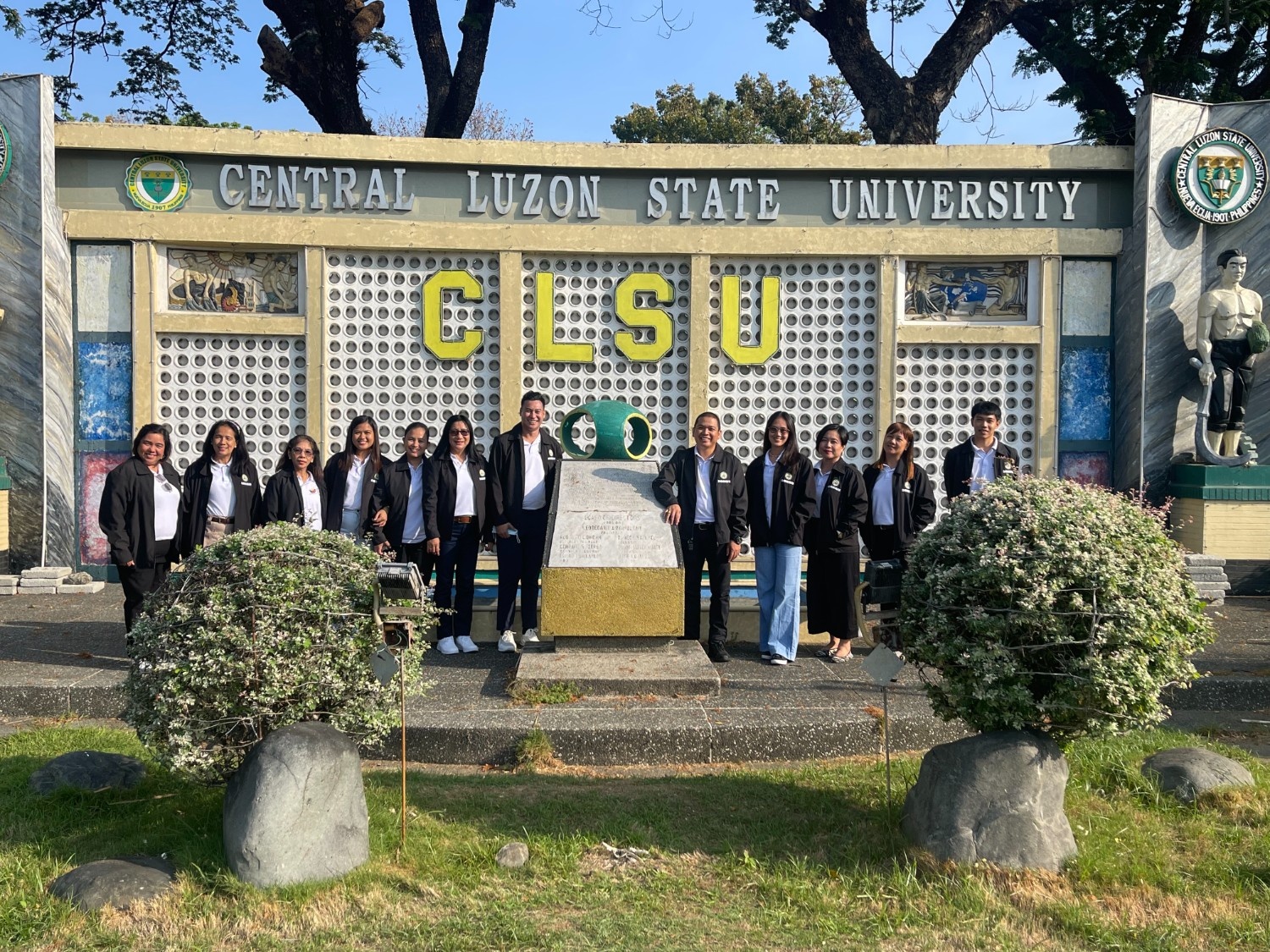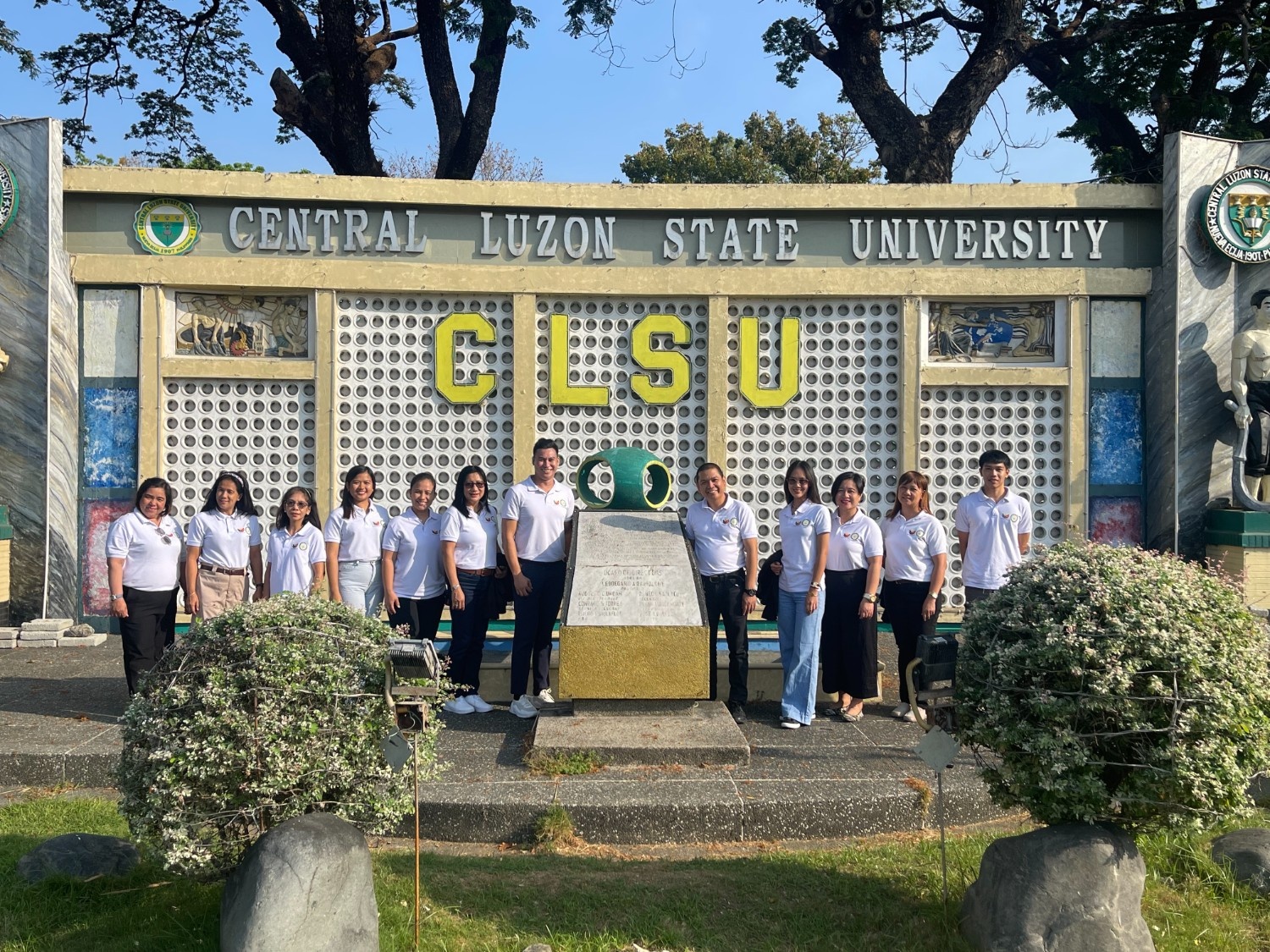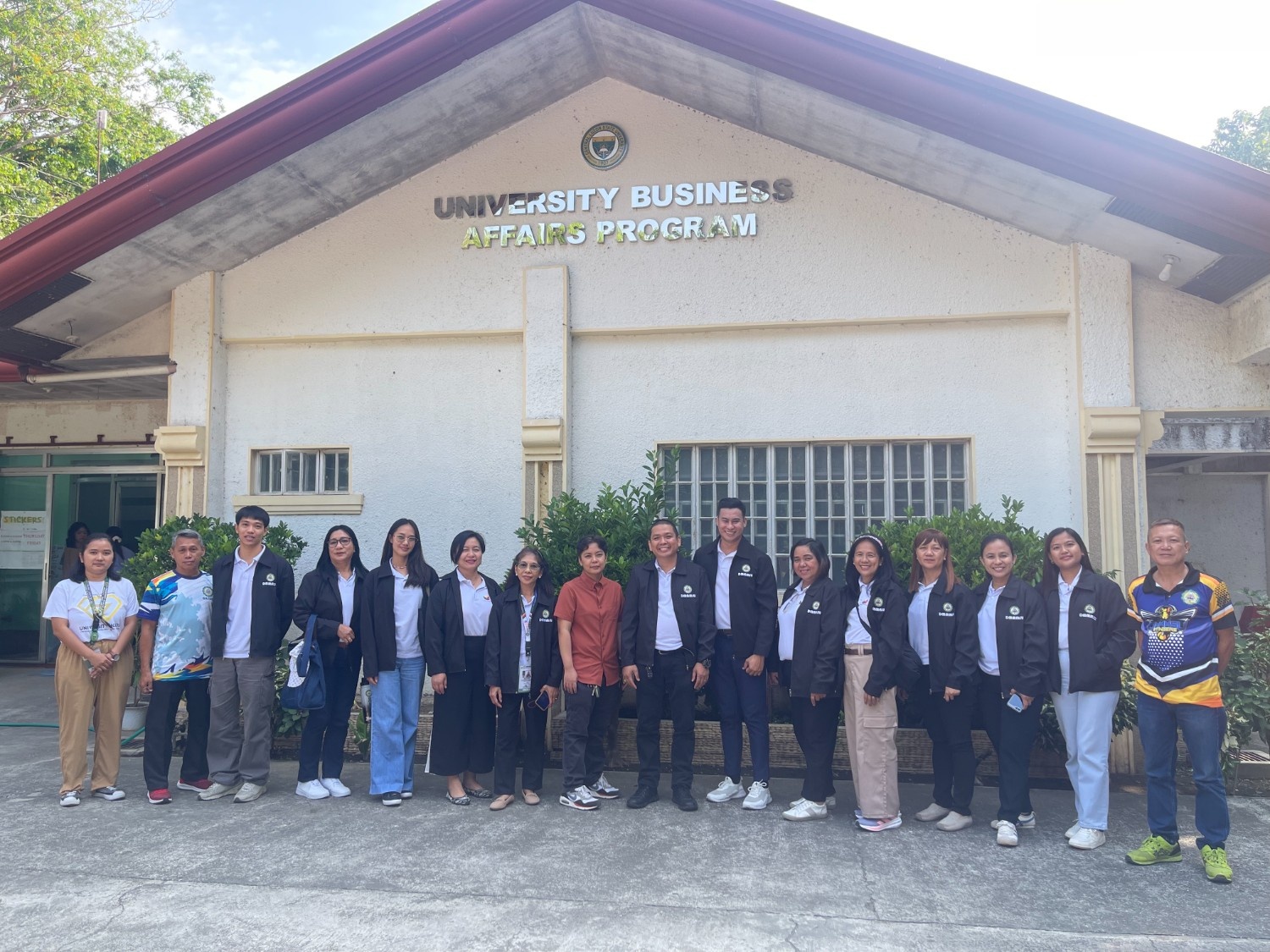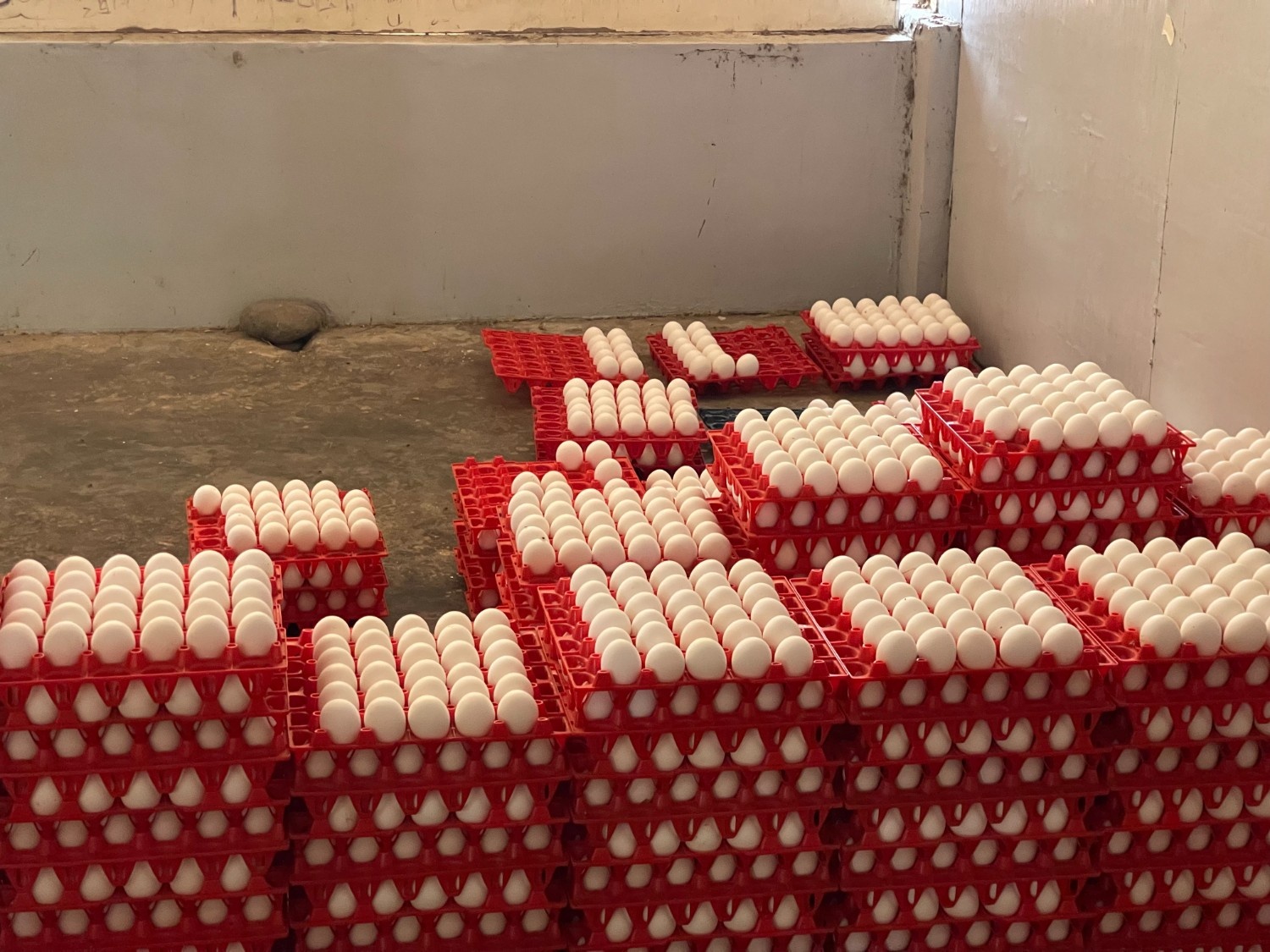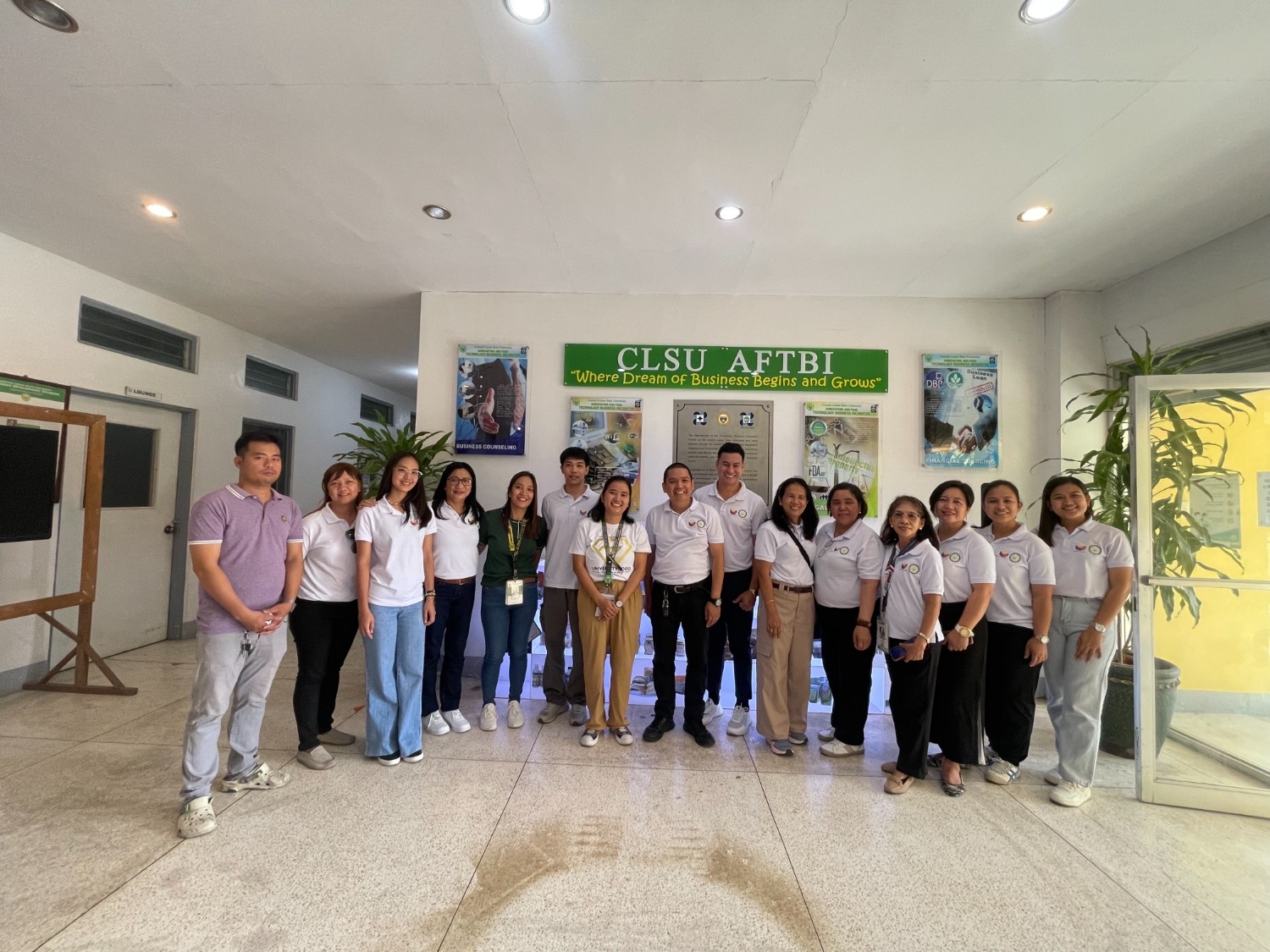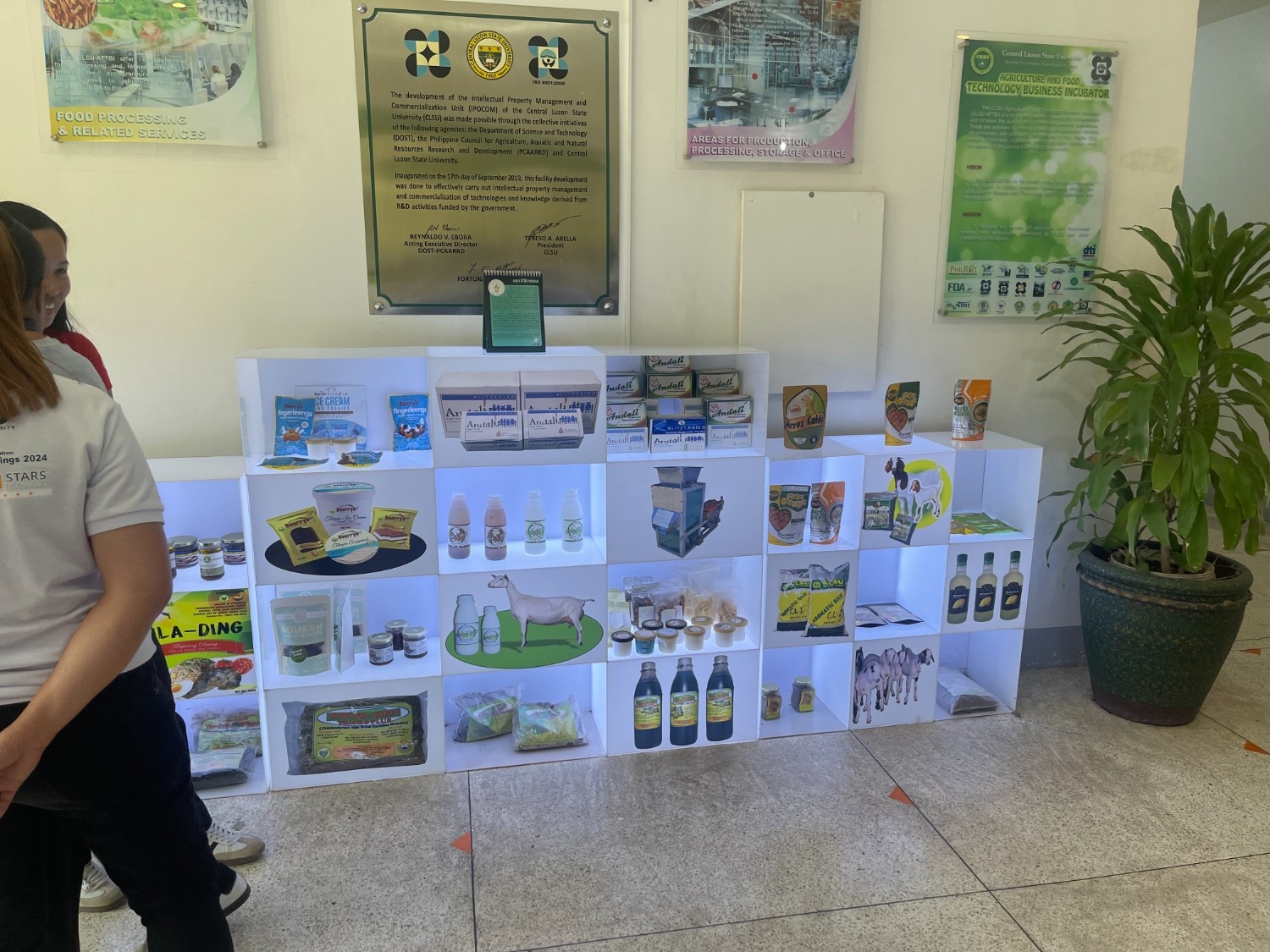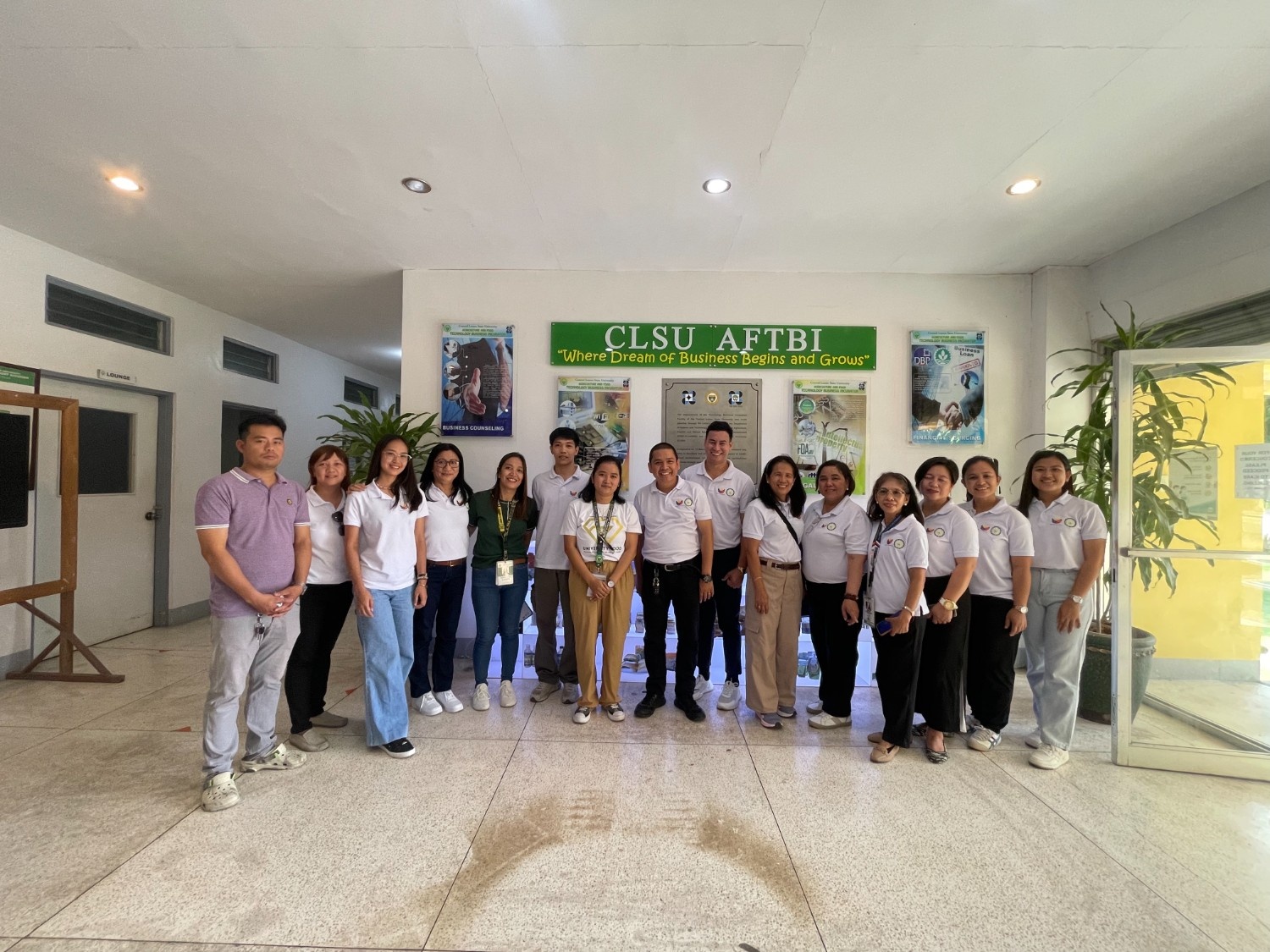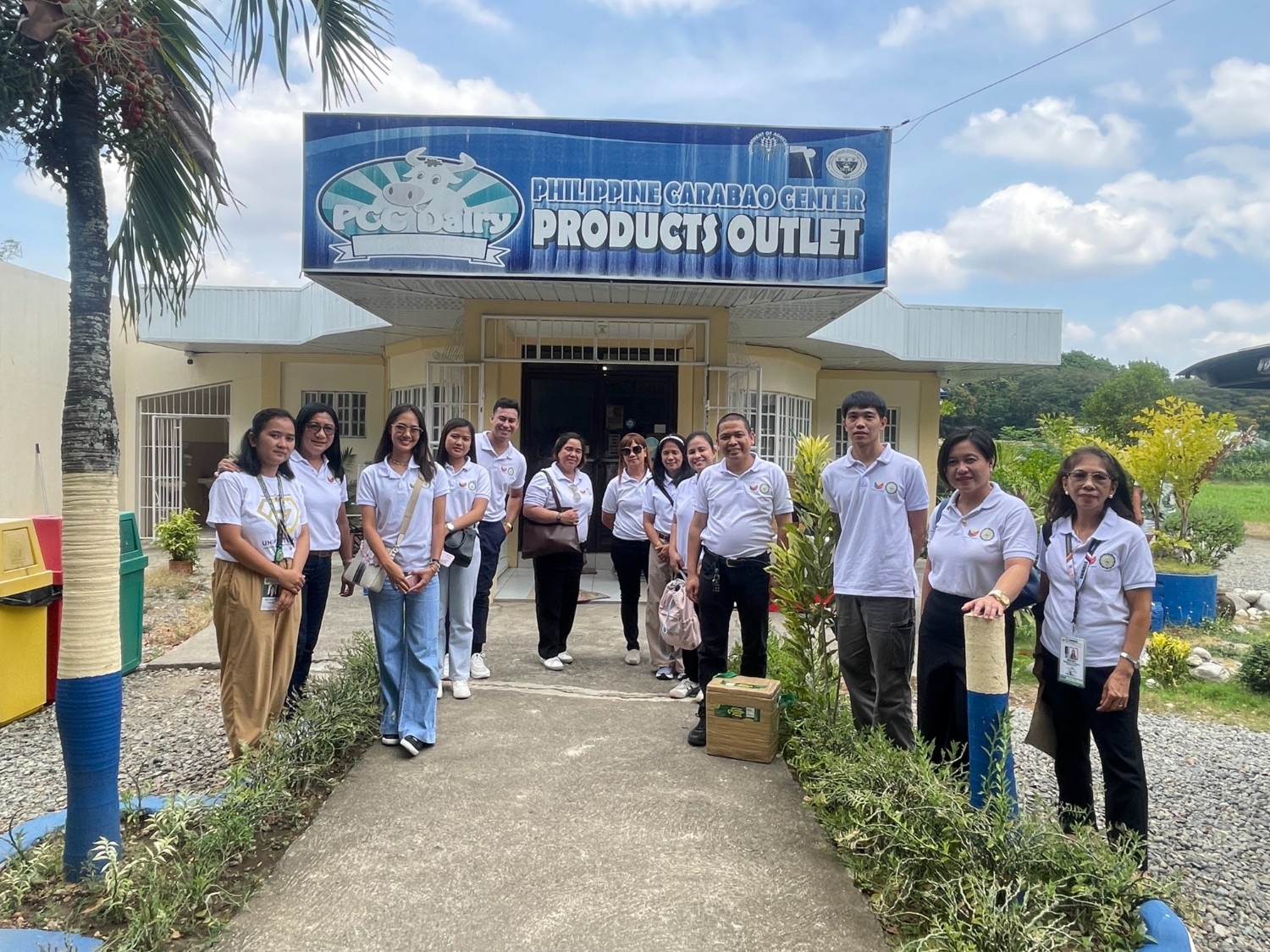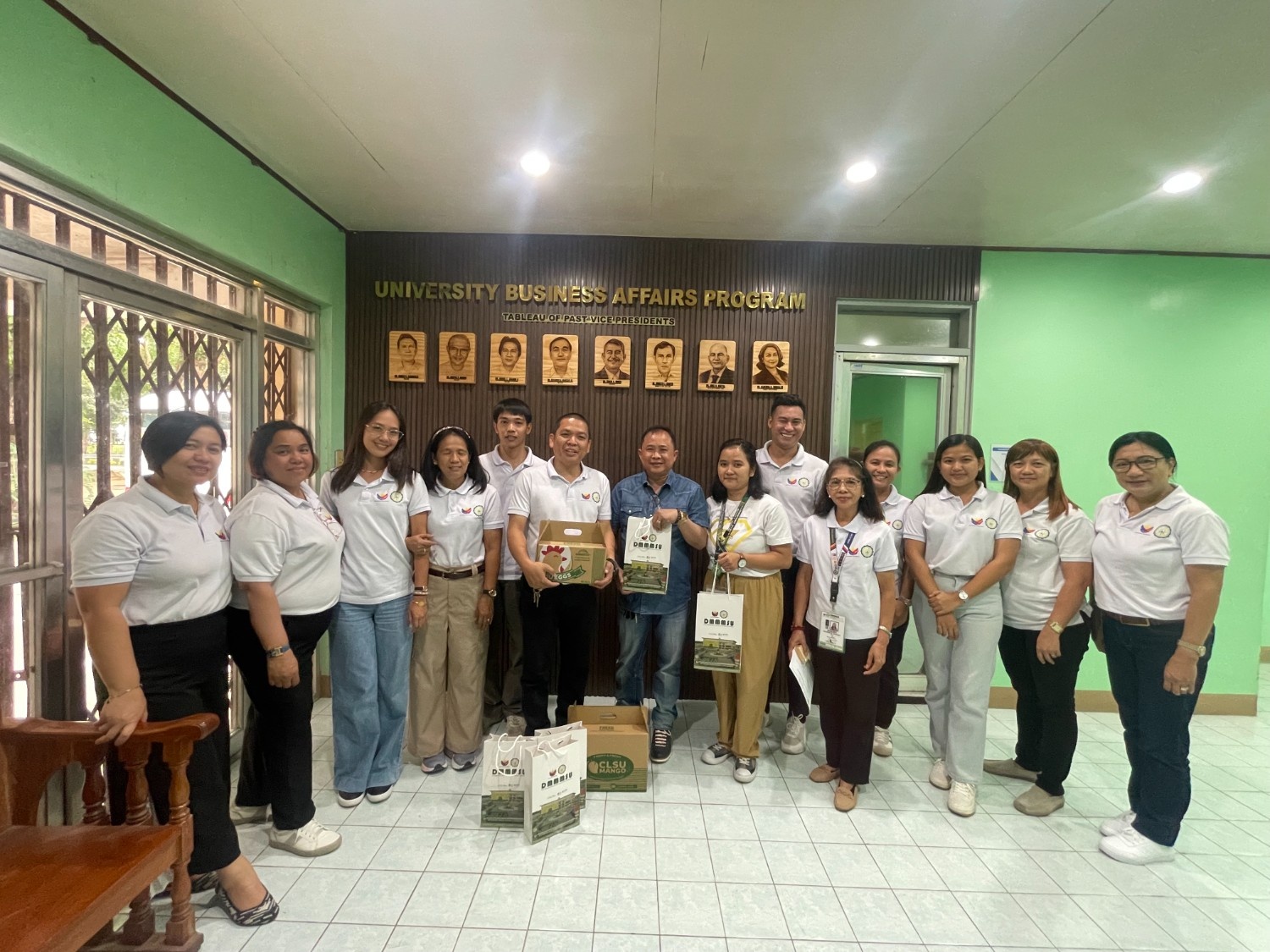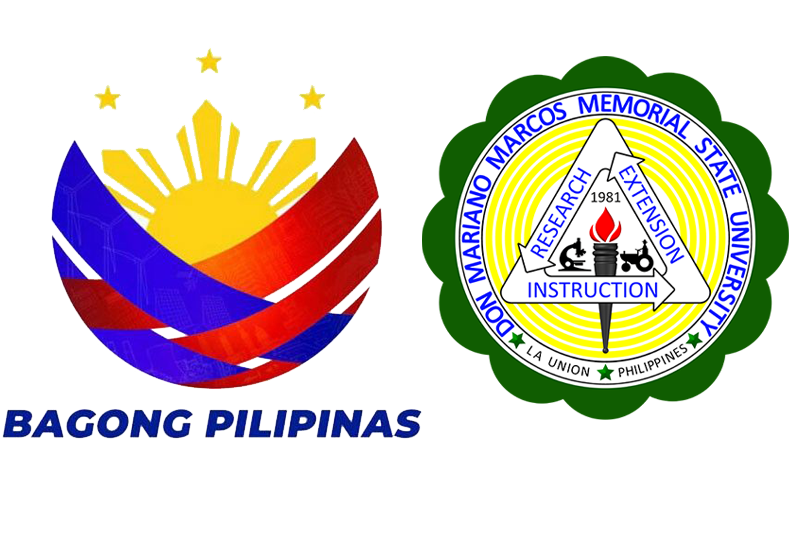DMMMSU’s Business Affairs and Resource Development Office conducted a benchmarking activity at Central Luzon State University (CLSU), Nueva Ecija on April 11, 2025 to observe and learn from the institution’s successful business and resource development initiatives.
The delegation was composed of the Director of Business Affairs and Resource Development (BARD), the Business Affairs Coordinator, Resource Development Coordinator, BARD heads and staff, and representatives from the Accounting Office.
The team was formally welcomed by CLSU President Dr. Evaristo A. Abella and Vice President for Business Affairs Dr. Karenina B. Romualdo. Dr. Joice V. San Andres, Director of the Animal Production Division, formally welcomed the delegates and emphasized the importance of knowledge exchange among state universities and colleges (SUCs) to strengthen institutional enterprise programs.
During the visit, the DMMMSU team toured several CLSU income-generating facilities, including the Poultry and Broiler Production, Water Refilling Station, Garment Project, University Canteen, and the Agriculture and Food Technology Business Incubator (AFTBI).
At the Poultry and Broiler Production facility, the DMMMSU team explored CLSU’s integrated approach to animal production, which supports both academic research and commercial operations. At the Water Refilling Station, the delegation observed the operational systems that ensure product quality and sustainability. Their visit to the Garment Project highlighted CLSU’s in-house production of uniforms and apparel. Meanwhile, the team also took note of the efficient management and affordability of services at the University Canteen, which caters to the campus community while generating substantial revenue.
Their final stop was the Agriculture and Food Technology Business Incubator (AFTBI), which supports startup development, product innovation, and agrifood processing aligned with research outputs.
The benchmarking activity forms part of DMMMSU’s continuing efforts to strengthen its enterprise programs and align them with national standards for self-sufficiency and institutional development. (By Ayu)
